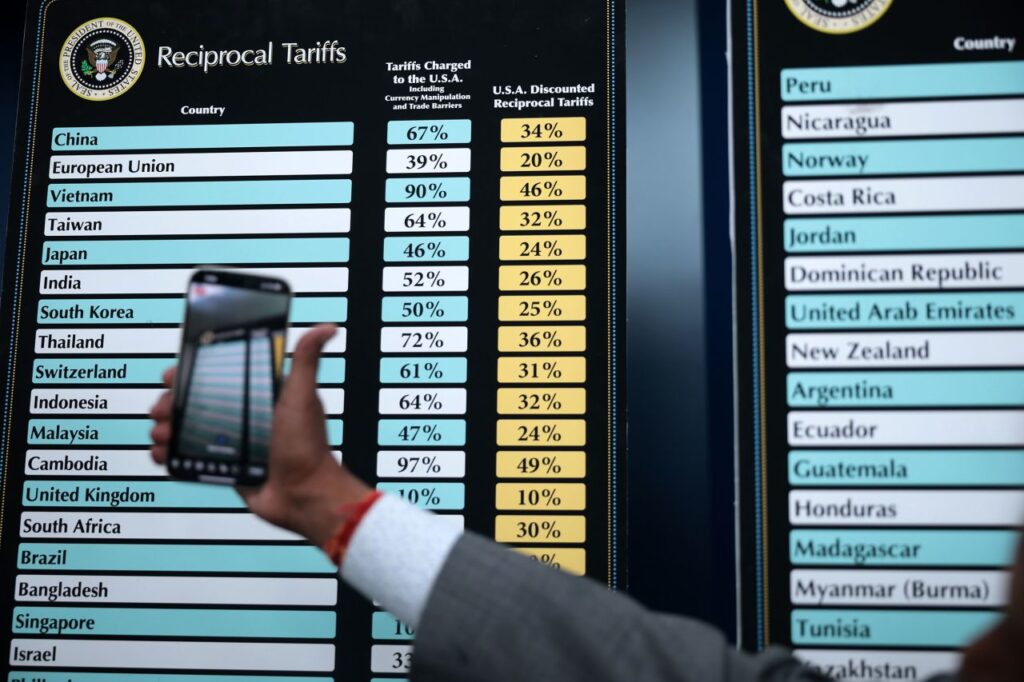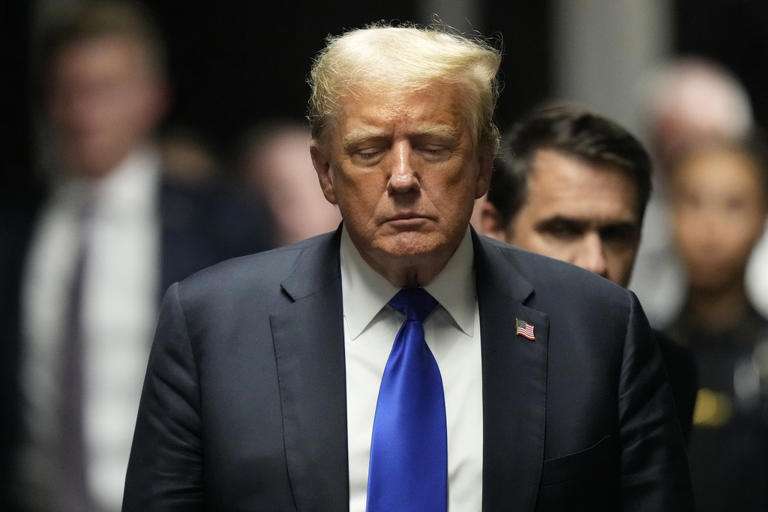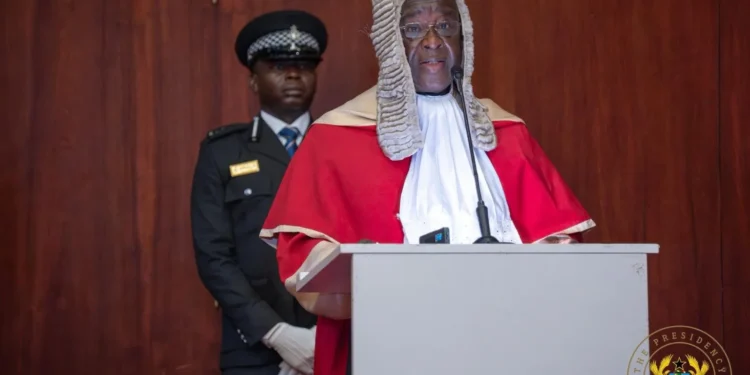A three-judge panel at the US Court of International Trade, has blocked Donald Trump from imposing sweeping tariffs on imports under an emergency-powers law.
The court ruled that the US President overstepped his authority to impose sweeping tariffs.
The court ruled in favor of a permanent injunction, potentially grinding Trump’s global tariffs to a halt before “deals” with most other trading partners have even been reached.

The court ordered a window of 10 calendar days for administrative orders “to effectuate the permanent injunction.” That means the bulk – but not all – of Trump’s tariffs would be put in a standstill if the ruling holds up in appeal and, potentially, with the Supreme Court.
The order halts Trump’s 30% tariffs on China, his 25% tariffs on some goods imported from Mexico and Canada, and the 10% universal tariffs on most goods coming into the United States.
It does not, however, affect the 25% tariffs on autos, auto parts, steel or aluminum, which were subject to Section 232 of the Trade Expansion Act – a different law than the one Trump cited for his broader trade actions.
The lawsuit was filed by the libertarian legal advocacy group Liberty Justice Center in April and represented wine-seller VOS Selections and four other small businesses that claimed they had been severely harmed by the tariffs. The panel came to a unanimous decision, publishing an opinion on the VOS suit and also one by twelve Democratic states brought against the Trump tariffs.
On April 2, 2025, Trump announced his “reciprocal” tariffs, imposing significant levies on imports from some of America’s closest trading allies – though he soon after implemented a 90-day pause on April 9, 2025.

He left in place “universal” 10% tariffs on most goods coming into the United States.
Trump implemented these tariffs without Congress by invoking the International Emergency Economic Powers Act (IEEPA), which gives the President the authority to act in response to unusual and extraordinary threats.
However, the law does not include any mention of tariffs as a potential action the President can take once IEEPA is invoked.
Trump also cited IEEPA in his 20% tariffs on China and 25% tariffs on many goods from Mexico and Canada designed to target fentanyl trafficking into the United States.
The plaintiffs alleged that the Trump administration has not met that criteria for an emergency. The lawsuit also alleges IEEPA doesn’t give the President the power to enact tariffs in the first place, and even if it was interpreted to, it “would be an unconstitutional delegation of Congress’s power to impose tariffs.”

The court concurred in its ruling that Trump lacked the authority to impose those tariffs even after declaring a national emergency.
“IEEPA does not authorize any of the worldwide, retaliatory, or trafficking tariff orders. The worldwide and retaliatory tariff orders exceed any authority granted to the President by IEEPA to regulate importation by means of tariffs. The trafficking tariffs fail because they do not deal with the threats set forth in those orders.”
court ruling
Trump Administration Appeal Decision To Halt Tariffs

The Trump administration immediately appealed a decision blocking most of President Donald Trump’s tariffs.
The notice of appeal came shortly after the court ruling.
White House officials also responded to the ruling with public statements challenging the court’s authority in the case.
White House Spokesperson, Kush Desai said in a statement, “It is not for unelected judges to decide how to properly address a national emergency.”
“President Trump pledged to put America First, and the Administration is committed to using every lever of executive power to address this crisis and restore American Greatness.”
Kush Desai
White House Deputy Chief of staff for policy, Stephen Miller posted on X, “The judicial coup is out of control” in response to the news.
The ruling, if it stands, blows a giant hole through Trump’s strategy to use steep tariffs to wring concessions from trading partners, draw manufacturing jobs back to US shores and shrink a $1.2tn US goods trade deficit, which were among his key campaign promises.




















